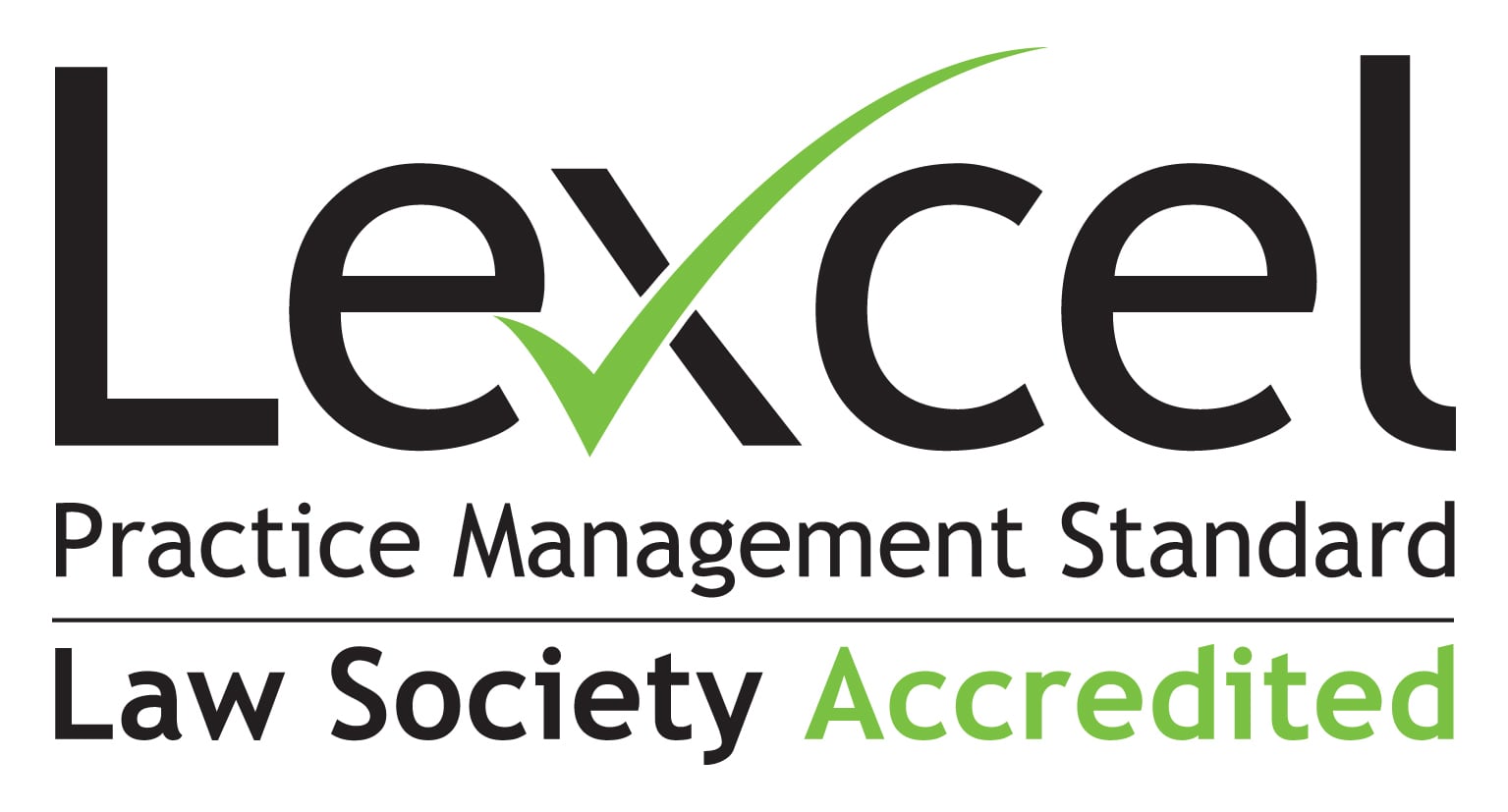A Lasting Power of Attorney (LPA) is an arrangement, which can be made by you now, to protect any future decisions relating to financial matters and your personal welfare, if you should become unwilling or unable to make those decisions for yourself.
We list below the most common questions we get asked;
- What is a Lasting Power of Attorney (LPA)?
- What does an LPA enable my Attorney to do?
- Who can I have as my Attorney?
- Do I need an LPA?
- What is the difference between an Enduring Power of Attorney (EPA) and a Lasting Power of Attorney (LPA)?
- When can I use my LPA?
- How much does an LPA cost?
- Can I create an LPA?
- What happens if I don’t have an LPA and lose Mental Capacity?
What is a Lasting Power of Attorney (LPA)?
A Lasting Power of Attorney (LPA) is a legal document that enables you to choose trusted family, friends or professionals to make decisions on your behalf and take control of your finances and property when you feel you are no longer able, no longer willing or if you lack mental capacity to do so.
There are two types of LPA, one for Property and Financial Affairs and one for Health and Welfare. The LPA for Property and Finances can come into effect as soon as it is registered with your permission or once you lack mental capacity. The Health and Welfare document can only be used once you can no longer make decisions for yourself.
What does an LPA enable my Attorney to do?
The Property and Financial Affairs LPA allows your Attorney to:-
- Open, close and operate your bank accounts
- Make or sell investments
- Pay your bills
- Buy or sell your property
- Claim, receive and use benefits, allowances and pensions
The Health and Welfare LPA allows your Attorneys to:-
- Make decisions regarding where you should live, i.e. to remain in your own home with support from social services and nurses if required or to move into a nursing home and ensuring this is the right home for you
- Give or refuse consent regarding certain medical treatments and health care
- Day to day decisions regarding your diet, clothing and general daily routine
Who can I have as my Attorney?
Your Attorney will be responsible for your finances and healthcare decisions, so it is important you choose your Attorneys carefully and ensure you trust them completely. Your Attorneys could be your close friends, your spouse, your children or a professional such as your legal or financial advisor who would be entitled to charge for their time carrying out work as your Attorney.
You can also choose replacement Attorneys who will only step in and act if any of your Attorneys are no longer able to do so.
Do I need an LPA?
Anyone at any time could require an LPA whether this be due to the loss of mental capacity, an illness or a prolonged period of time abroad or in hospital meaning they can’t easily carry out decisions for themselves.
What is the difference between an Enduring Power of Attorney (EPA) and a Lasting Power of Attorney (LPA)?
An EPA only enables your Attorney to manage your financial affairs and whilst a new EPA can no longer be made (since October 2007) any made prior to this date remain valid and can be used by your Attorneys. An EPA only needs to be registered with the Office of the Public Guardian once you lose Mental Capacity whereas an LPA must be registered before it can be used whether you have mental capacity or not. The Health and Welfare LPA can only be used once you lose mental capacity? however it still needs to be registered prior to this.
You can choose to simply just have an EPA or LPA to manage your financial affairs or you can have one of those as well as an LPA for Health and Welfare. You should, however, prepare a new LPA for Property and Financial Affairs if your EPA no longer reflects your wishes.
When can I use my LPA?
Once the LPAS have been registered, the document for Health and Welfare can only be used once you have lost mental capacity whilst the document for Property and Financial Affairs can be used at any time you instruct your Attorneys to act or once you have lost mental capacity. Your Attorneys will need to register your Property and Financial Affairs LPA with each of your individual banks and financial institutions you use before being able to act on the document; each financial institution may have their own requirements in relation to further identification checks they will need to undertake for your Attorneys.
How much does an LPA cost?
The Office of the Public Guardian currently charge £82 per document to process an LPA application and register the document however some people are eligible to apply for a reduced fee if they have low income.
A legal advisor will also charge their costs and they will be able to provide you with a quote for this based on your circumstances and how many documents you require.
Can I create an LPA?
Anyone who has mental capacity and over the age of 18 can make an LPA.
What happens if I don’t have an LPA and lose Mental Capacity?
If you haven’t made a Lasting Power of Attorney and lack the mental capacity to do so then nobody will be able to make financial decisions on your behalf without applying to the Court of Protection to appoint a Deputy who will then be able to manage your affairs. This is a timely and costly procedure and it is the Court who will choose your Deputy, which may not be the person you would have liked to act. Whilst an LPA may never be needed in your lifetime, it is there should the need arise and makes it much easier for someone to look after your affairs as and when the time comes.
To discover more about how our legal team can help you, please make a no obligation enquiry by either calling us on 01297 32345 or by making a free online enquiry.






